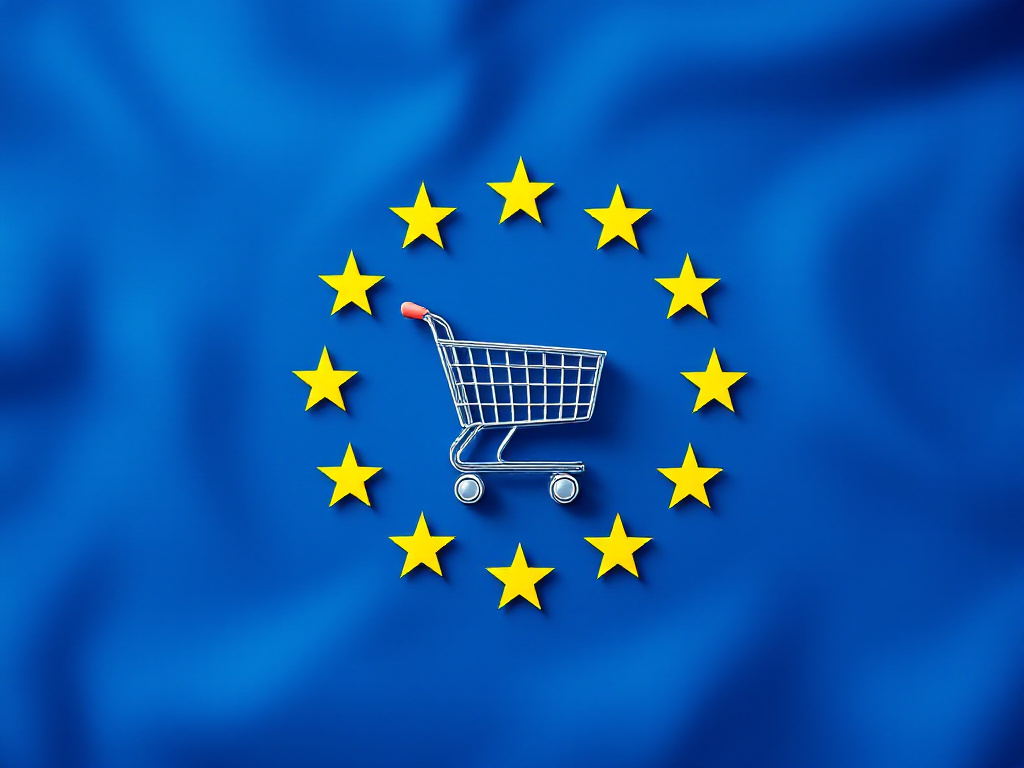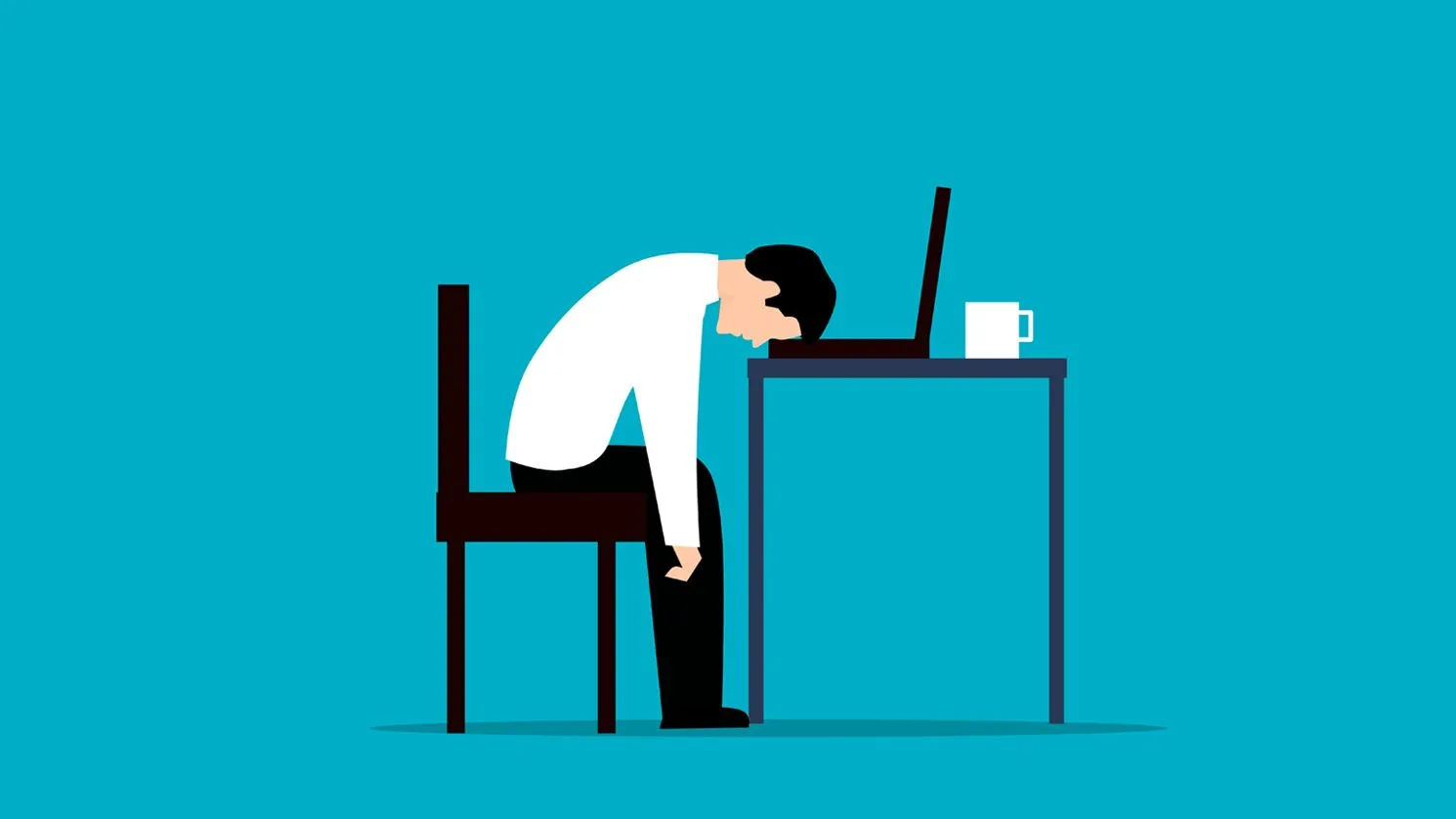Luxury is a choice. I’ve never owned a “new” car. I could afford new cars eventually, but the reality is the world meant that I was never going to put myself close enough to a potential edge, that the purchase of a nicer car could lead to future discomfort for me or my family.
You really have no idea how out of touch you are. Your next point is, “Getting a gold foil wrap on a cybertruck is an investment! You don’t get the full value of that investment on resale… Do you expect me to just take that loss?”
You are tone deaf. You doing see it at all, and that’s really the point.


















Average union dues are typically 1-3%. This claims an 18% increase in weekly salary for union workers… So what are you thinking isn’t getting factored in here and what is your point if it isn’t represented inb these numbers?
Unions aren’t “tricky”, they are vital.